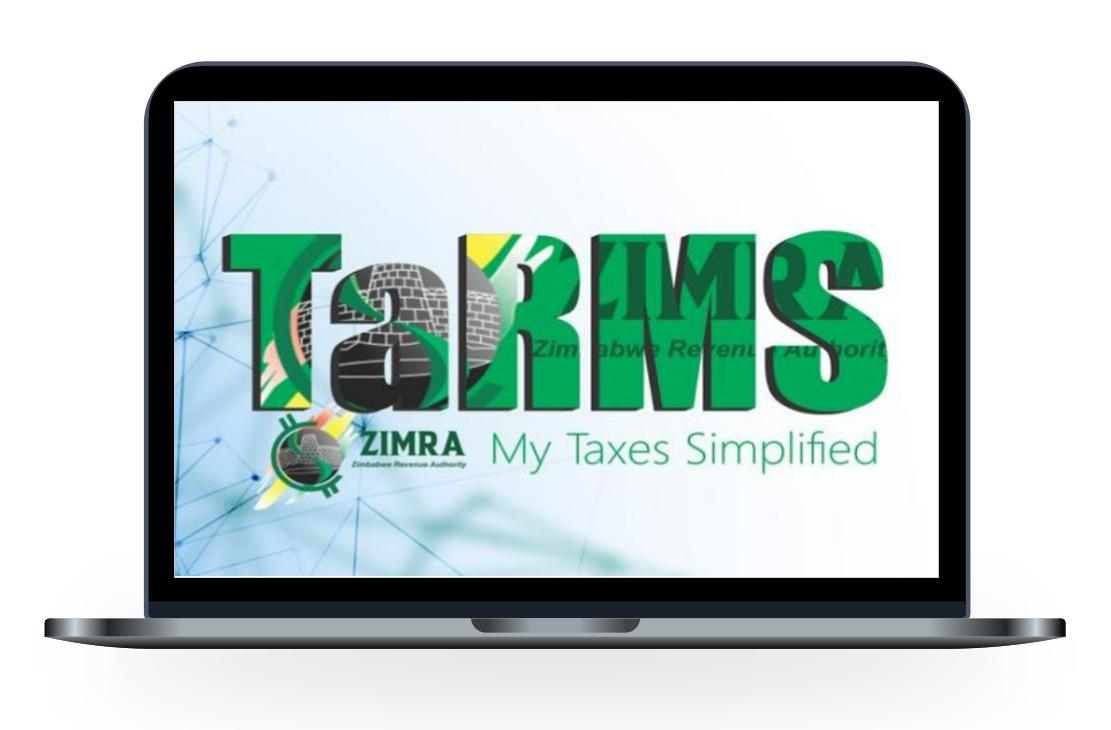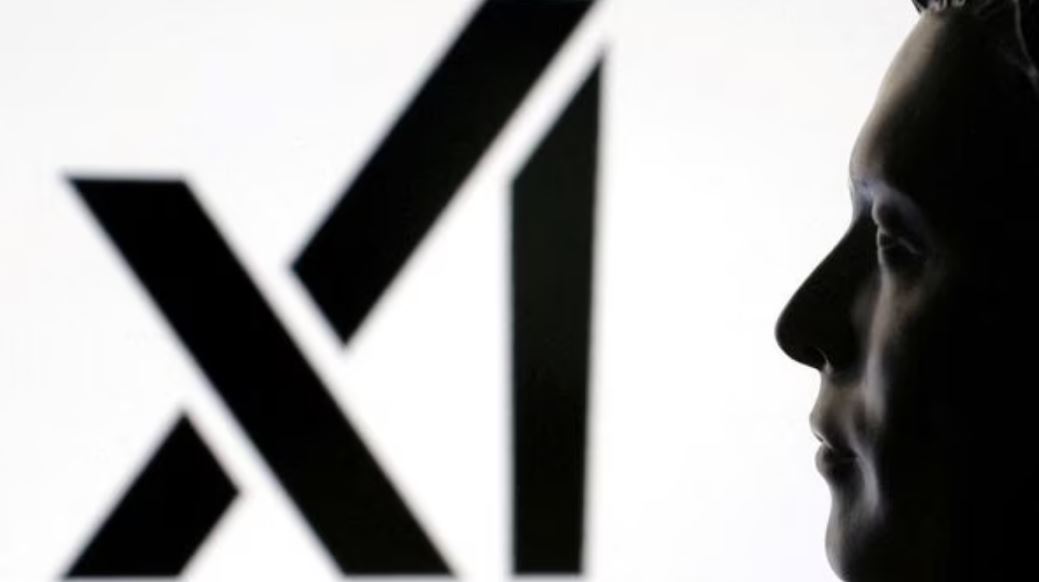The ministry of health periodically publishes the Essential Drug List of Zimbabwe. A list of medicines and standard treatment guidelines for the most common health conditions in Zimbabwe. It guides health practitioners on which drugs to use for a range of common conditions from ringworm to malaria to even psychosis.
Now imagine an Essential Apps List of Zimbabwe! An advisory list of medical and health-related mobile apps and technology! A list of relevant and effective apps that would be accessed through prescription. Imagine your doctor prescribing an app for your condition the same way he would prescribe a medical drug!
Too radical? Well, the ball has already been set in motion. It’s already happening!
Consider WellDoc, the first approved mobile prescription therapy for type 2 diabetes. This is an app that can only be accessed through prescription by a qualified and registered health professional.
Patients interact with it by entering blood glucose measurements and information such as the kind of medication they are taking. The app then analyses the data, generates trends and then advises the patient through personalized and contextualized health tips and action points.
It also assists the healthcare provider in clinical decision-making at the point at the office visit. It is so effective that published scientific studies of the app show that it lowers blood sugar markers by 2 additional units!
I recently had the honour of sharing a platform with Evan Burfield, the co-founder and co-CEO of 1776, the Washington DC-based startup incubator. He talked about one of their winning projects called BabyScripts.
This is another form of TechMedicine that can only be accessed through prescription. It is technology for pregnant women that can be prescribed by OBGyn doctors. Expectant mothers identified to be at risk are provided with a WiFi enabled BP machine and a WiFi enabled weight scale through which patient data is sent to the doctor.
This enables the clinician to remotely monitor patient trends and identify high-risk events. This is then comprehended with an iOS app that delivers daily nutritional and lifestyle actionable health tips. These are based on scientific evidence and follow the latest guidelines dictated by the ACOG (American Congress Of Obstetricians and Gynaecologists).
As a result, Baby Scripts is improving the quality of care through improved compliance, increased administrative efficiency and early detection of high-risk pregnancies.
The healthcare industry is labeled as one the most difficult to disrupt. However, there are some startups such as WellDoc and BabyScripts that seem to have leaped over the hurdles.
The following is a list of 5 factors that I believe they considered to achieved this.
They found a real problem to solve
Co-founder of BabyScripts, Juan Pablo Seguara, put it this way,
People try to create solutions before they find problems. It is better to build something for someone than everything for everyone.
Even though their technology had a wide range of applications they decided to focus on pregnancy. Pregnancy can be quite a period of uncertainty for many mothers and to be and reducing the number of pregnancy-related deaths is a global agenda. The recently held Innovation Barazza featured Prola Health, a Bulawayo-based start-up that has also decided to tackle this area.
They provided behavioral coaching through health education
There are increasing calls to democratize medical care through enabling patients to take more active roles in health decision making. Therefore, the strategy is to provide them with accurate, evidence-based health information from reliable sources that the doctors also reference.
The health information is then presented as directly actionable points for the patients to effect. A good example is the way EcoHealth’s subscriber service SMS health tips are crafted.
An actionable SMS can be powerful and cause behavior change. Dr. Praise Magama is aiming to put this power to use to reduce HIV transmission rates through his SmartTeens app that has managed to get attention from Forbes.
They included the health professional
Instead of replacing the traditional doctor-patient relationship these startups use technology to augment it through enabling health monitoring in-between office visits, where it matters most. The closer connection they provide between Doctor and patient assists patient adherence to prescribed medication resulting in better treatment outcomes and happier doctors.
They were proven by research
Formal accredited medical research demonstrated that the WellDoc mobile prescription technology significantly lowered blood glucose over a 3 month period by levels similarly achieved by prescription drugs! If an app works as proven by scientific research, then no regulatory body can stand in its way.
They lower health costs
BabyScripts claims that by keeping patients and their doctors connected, the number of office visits can be reduced from 14 visits to 10! In Zimbabwe, that translates to savings of at least $120 per client for the medical insurance companies. Better management of diabetes reduces the number of hospitalizations and cost of imported drugs. The Ministry of Finance would dance to this!
The Healthcare industry is an interplay of 3 keys players; consumers, healthcare providers and healthcare payers (medical aid societies, government). A startup with a business model that targets benefiting all 3 players has a winning formula!
With more of such apps coming up, we can envisage an App pharmacy. In fact, Pwc Canada is currently working on developing an Apps Formulary which would act as a guide to healthcare providers and patients by listing reputable approved medical apps for public use!
Therefore, the idea of an Essential Apps List of Zimbabwe is not far fetched one at all. If and when we create one, I just hope it would be dominated by locally developed medical apps. Let’s make it happen!














Comments
6 responses
Whereas this is a noble idea, l cannot see it gaining traction here in Zim because of a number of challenges.
Zimbos are more concerned with doing stuff that put food on the table. Our programmers are only interested in developing solutions they think will pull them out of poverty.
There is no real passion to solve everyday problems.
We need programmers with a bit of specialist health care problem. This will act as guidance when making apps and make it easy for them to understand medical jargon. I have seen institutions like NHS(UK) prefering to hire IT staff from within health services or willing to train.
Infrastructure availability is also a challenge. Most of this apps are likely to run remotely accessing servers hosted somewhere. Bandwith, reliabilty and availabilty will be factors to look into.
This is a very good article and yes innovation can work in Zimbabwe so long its a solution for someone. Our innovators have fallen into the trap of rehashing soln that have been done outside without making these speak to the local realities. So I would like to say there is a solution for ehealth and ecommerce for Zimbabwe and the region. we just have to innovate enough. Reggie uhealthzim.com
Great article. Thanks for the info. I see you are a doc and have much info on health issues. I think you should come up with the requirements for the app, then find a developer to do the coding.
I am honored to have one of my apps mentioned in this article, thanks to the author. As a doctor, I am developing the app based on a number of research done outside, but do the app have relevance for Zim? Yes, the human body is a universal entity, so if Ebola strikes in Liberia, it will strike more or less the same in UK provided of core it’s the same strain in that particular epidemic. My point is this, Smartteen Tips is being developed by my company to help fight HIV in teenagers, reduce violence against young woman and girls, in essence help teens become smarter by choosing wisely on matters to do with their developmental and sexual health seeking behaviors. Forbes Magazine highly recommended my work this last October in the Forbes under 30 change the world competition and was invited to their summit. So the app is to enter the prototype stage, investors, designers, coding gurus are welcome to join.
That’s great. Are you developing the app strictly for the cause or you hope to generate some revenue from it?
I am focusing on the cause for now, but a revenue model is there but that will come after the success of the prototype. Thanks for asking.